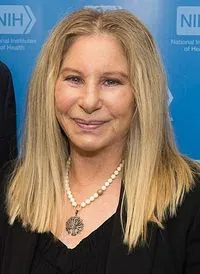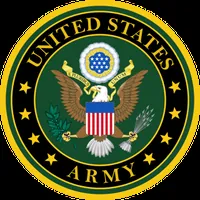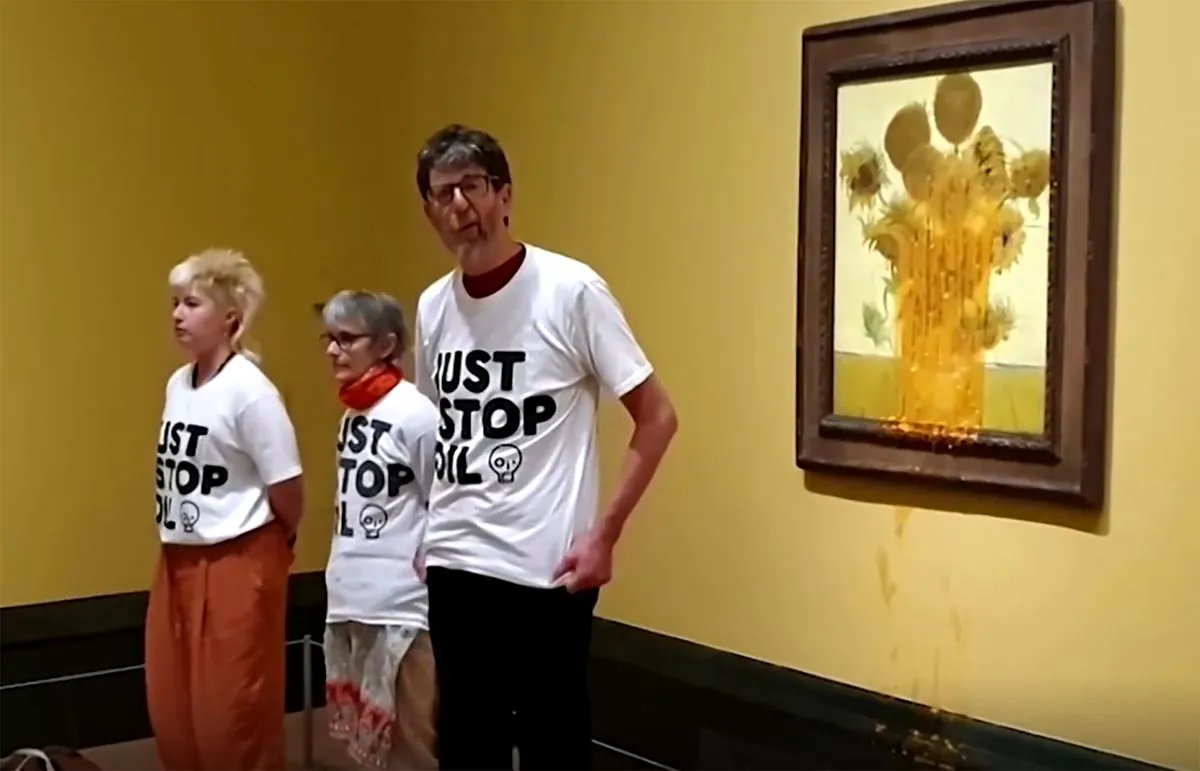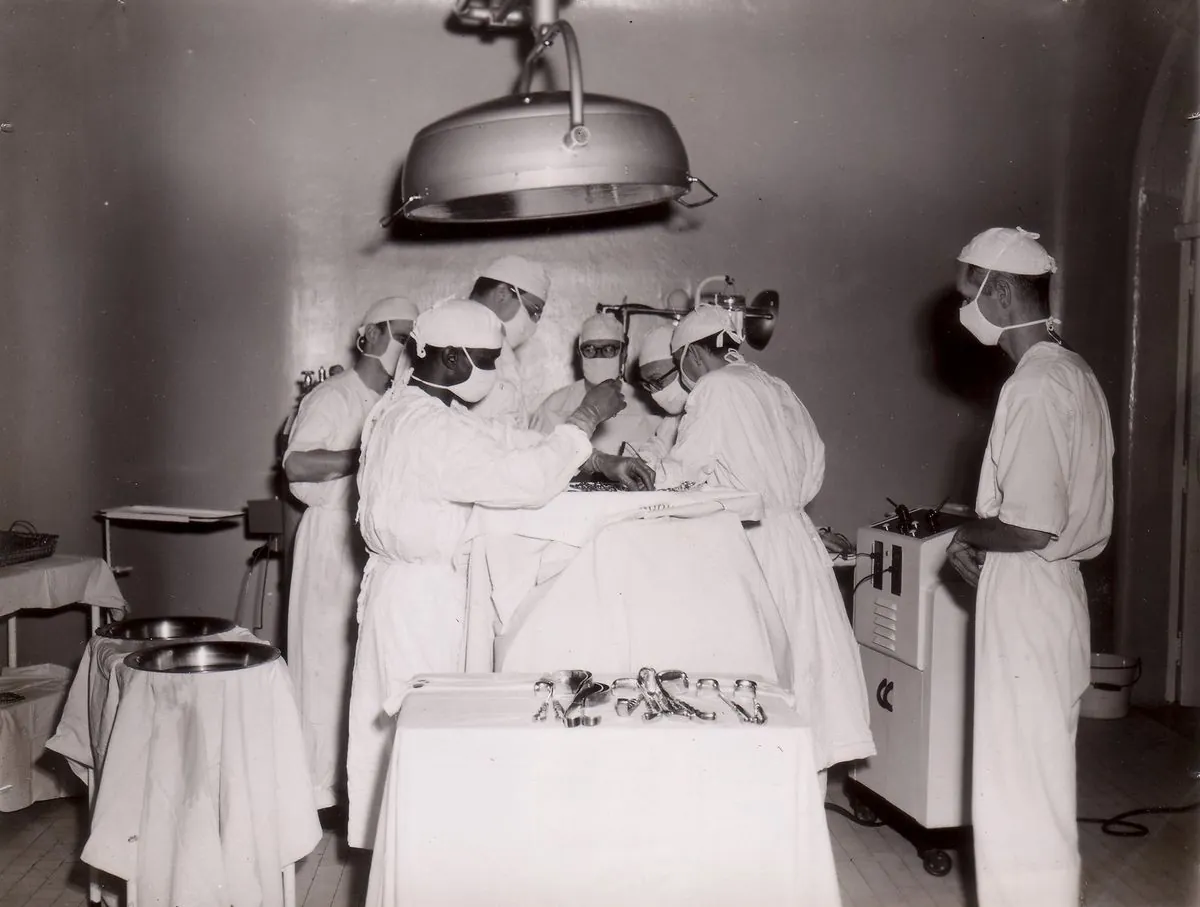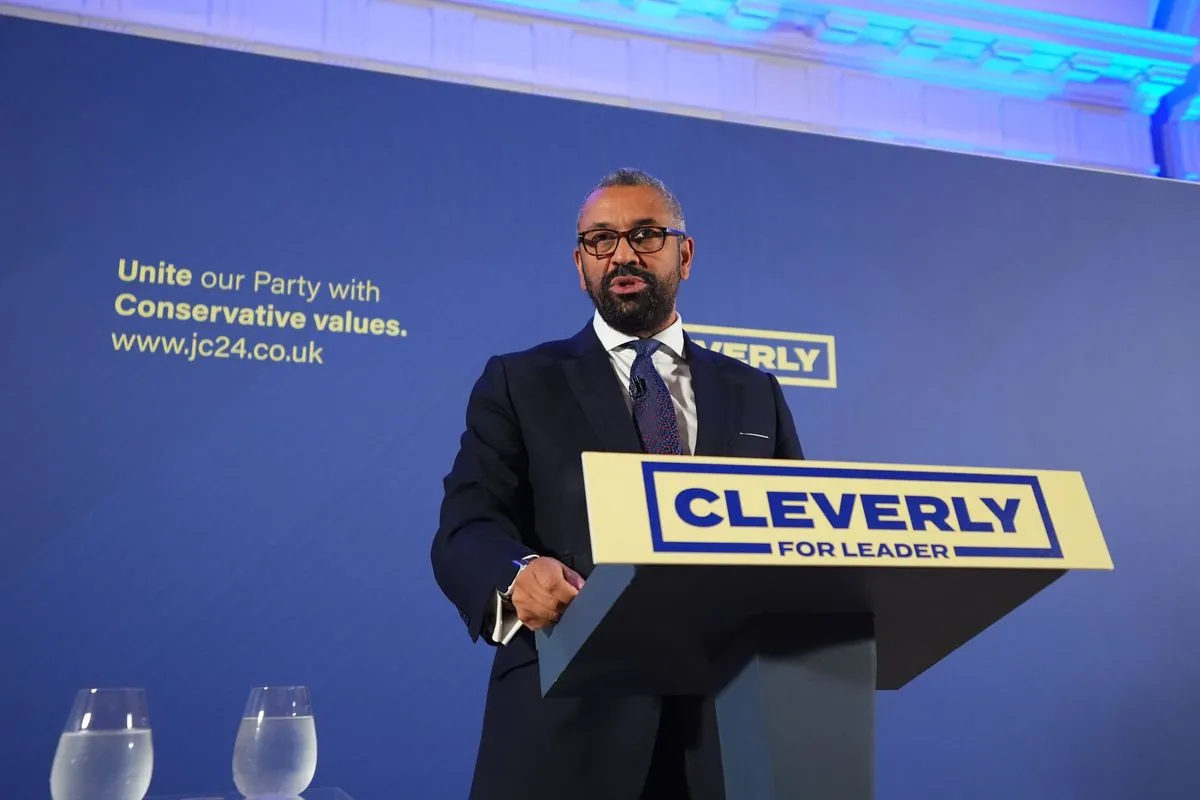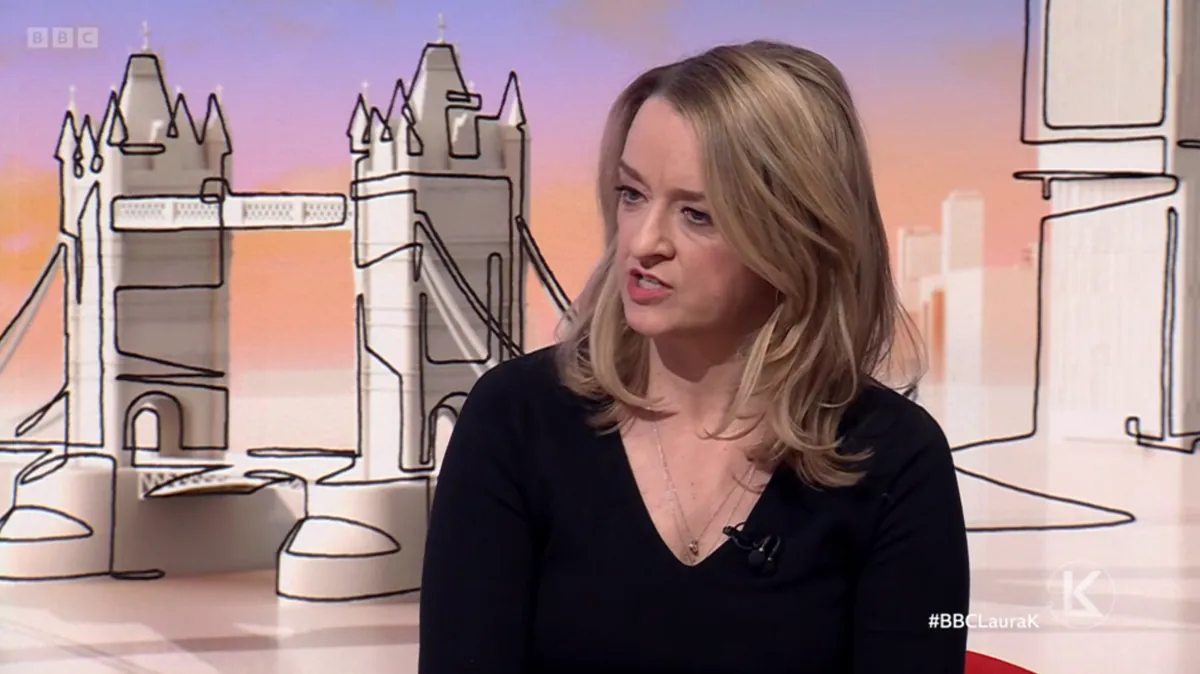Cambridge Don's Insights on JD Vance: The Rising Star of Conservative Politics
James Orr, a Cambridge professor, offers a unique perspective on JD Vance, the Republican VP candidate. Orr's insights reveal Vance's intellectual depth and potential future in conservative politics.
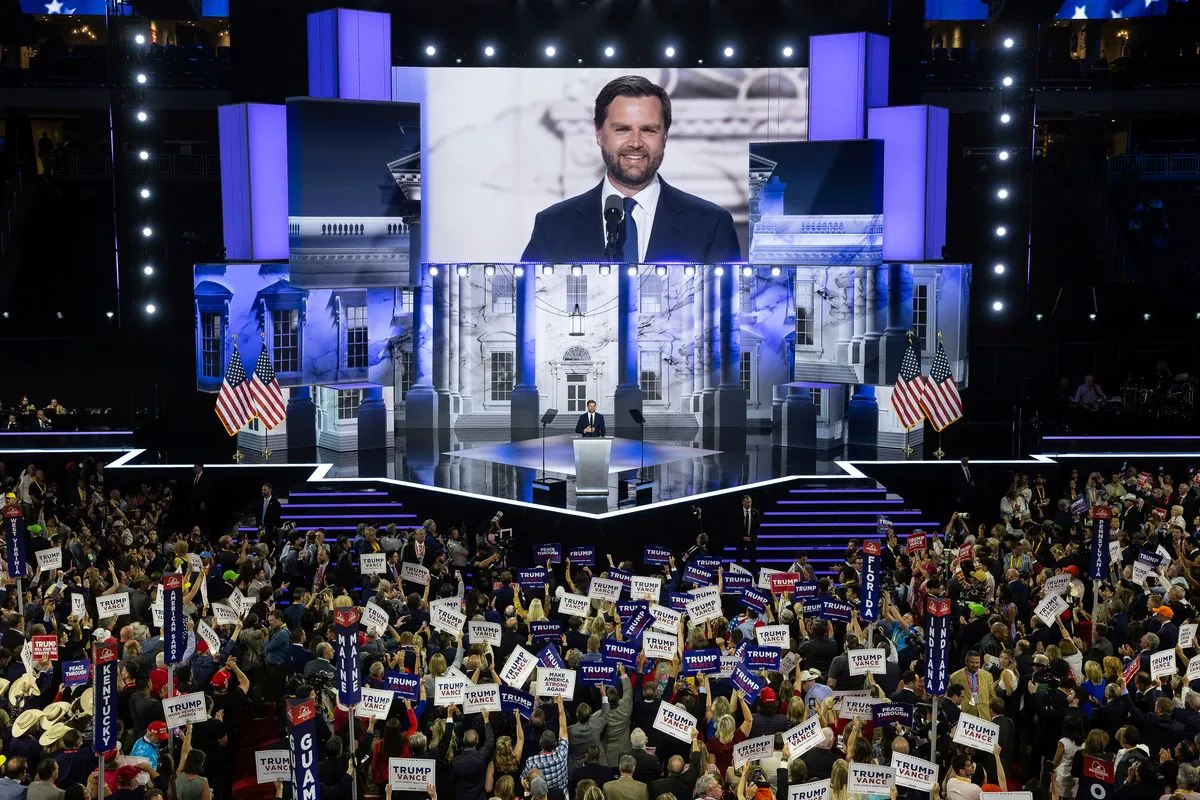
In the historic city of Cambridge, James Orr, an associate professor of religion, provides a unique glimpse into the world of JD Vance, the Republican vice presidential candidate. Orr, who has become Vance's intellectual mentor and close friend, offers insights into the politician's character and vision.
Orr and Vance's friendship began approximately five years ago, shortly after Vance's conversion to Catholicism in 2018. Their connection is rooted in shared religious interests and intellectual discussions. This relationship exemplifies Vance's engagement with a network of conservative thinkers spanning the Atlantic.
Vance's political philosophy, as described by Orr, combines elements from both left and right ideologies. It emphasizes virtue, discipline, and stable homes while acknowledging the need for compassion. This approach, which Orr terms "Vance-ism," represents a departure from traditional conservatism.

The Cambridge professor's residence has become a hub for conservative intellectuals. Notable figures such as Jordan Peterson and Peter Thiel have visited, highlighting Orr's role in bridging American and European conservative thought. This network views Vance as a potential future leader of the conservative movement, regardless of the outcome of the upcoming election.
Orr provides a nuanced perspective on Vance's public persona versus his private demeanor. While Vance's campaign rhetoric can be sharp and divisive, Orr describes him as mild-mannered and reflective in personal interactions. This duality reflects the complex nature of modern political discourse.
"He's extremely consistent, but he's got that sharp edge — which is frankly needed these days in presidential politics and when stakes are as high as they are. But there's definitely a gap between that and how he is in private, where he's very mild, very self-effacing, not somebody who makes much of himself at all, very reflective, very quiet — an intellectual."
Vance's approach to foreign policy diverges from traditional Republican stances. His supporters anticipate a more significant role for the vice presidency in shaping global affairs, reminiscent of Dick Cheney's influence during the George W. Bush administration.
As the millennial generation ascends to prominent political positions, Vance represents a new breed of conservative leadership. His blend of traditional values and modern communication techniques positions him as a significant figure in the evolving landscape of right-wing politics.
The relationship between Orr and Vance underscores the international nature of contemporary conservative thought. As the political world watches the upcoming election, the influence of this transatlantic network on future conservative ideology remains a subject of keen interest and potential concern for their opponents.














